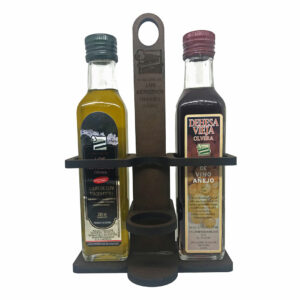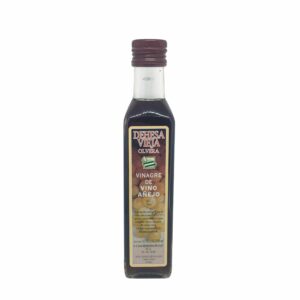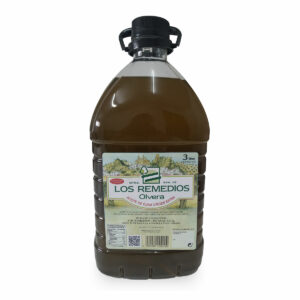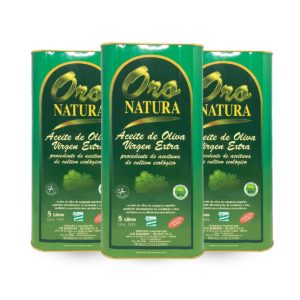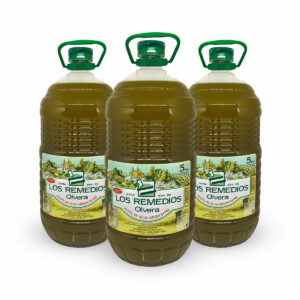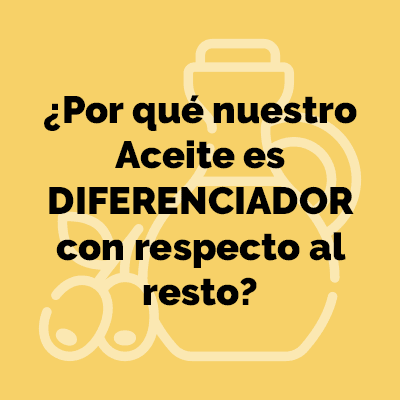Being already at the time of pruning in the olive grove, it is convenient to remember and insist on how to properly handle the remains produced, especially in order to avoid problems with the wing nut.
Pruning remains, either in the form of new or old firewood, can be kept or deleted. If you choose the former, it should be kept in a completely closed woodshed, or covering it completely with an agricultural plastic sheet without presenting holes or exits to the outside. It is also advisable to treat with suitable products so that the moth does not develop.
To eliminate them, the most advisable is the chopped and crushed, to later spread it around the olive grove, as long as there are no cases of whorls or other diseases on the plot. If this were not possible, the pruning remains would be burned, always taking into account on what dates it can be done and if it is necessary to request permission from the Environment agents.
Either option is valid, and must be done before the day 1 of May, because it can not be in any other plots of olive grove pruning from this date. It should be clarified that this requirement applies to both new wood this year as in previous years old.
Failure to comply with this regulation carries a fine by the SEPRONA, which can act on a complaint or ex officio, of at least 300 euros ; as well as causing a reduction in the CAP aid payments and receive regular inspections in subsequent years. Thus, not following any of the aforementioned indications can have serious consequences. For any questions consult the technicians of the Cooperative.

